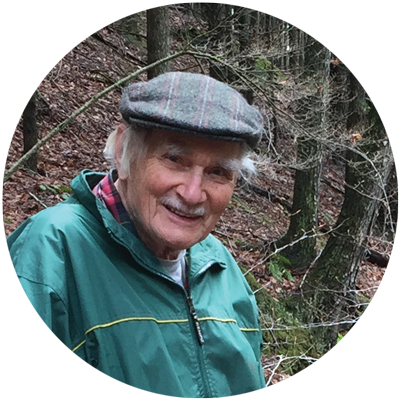Home > Climate News >
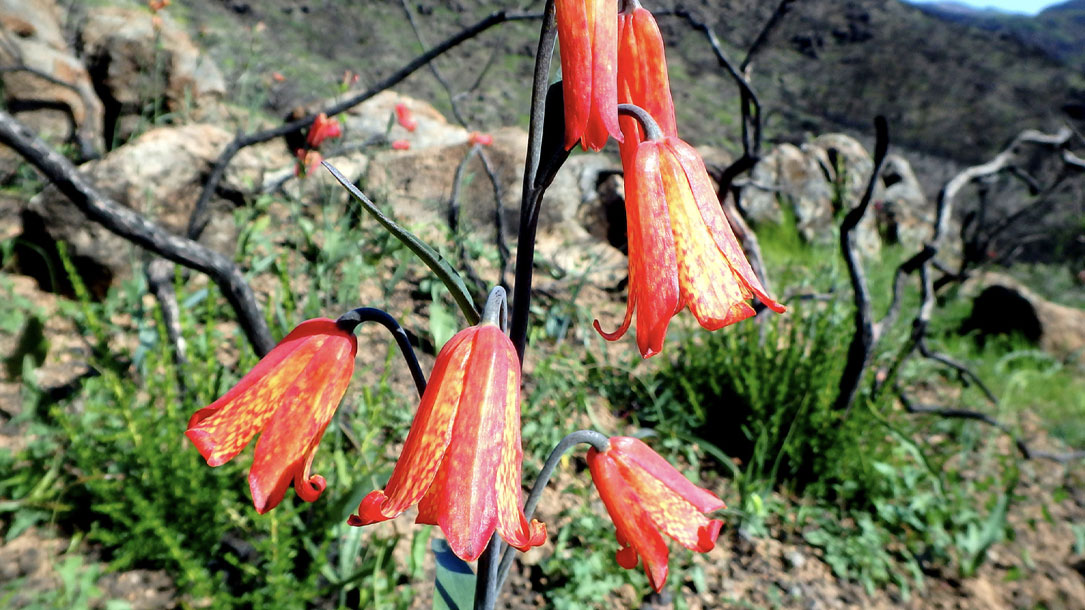
Wildfire: The road to recovery
Facing historic grief, loss, and destruction in most of the West, this land trust faces reality and is here to help:
“As we continue to move forward after the historic wildfires, we want to express our deepest sympathy to everyone impacted by the fires here and in Sonoma, Solano, and Mendocino Counties. We are endlessly grateful for the untiring efforts of the first responders, the over 11,000 firefighters [some brought in from all over the country, and as far away as Australia and Canada], the California Highway Patrol, local authorities, and the countless volunteers who worked tirelessly to protect us all. And the response of the Napa community has been truly inspiring.
Our staff continues the process of actively visiting properties to assess short and long term stewardship issues. We have been consulting with experts from a number of other agencies, such as Cal Fire, and have joined the Post Fire Recovery Working Group, which includes the Napa County Resource Conservation District, the Natural Resources Conservation Service, the County, and others who are working to assess the condition of burned areas and determine any steps that could or should be taken.
Lastly, in a proactive effort to share useful information, we’ve collected resource links to webpages and pdfs that could be helpful in the recovery process and have posted them. Our goal of working together as a community remains and with it the hope that we can live up to Napa’s inspired resiliency…”
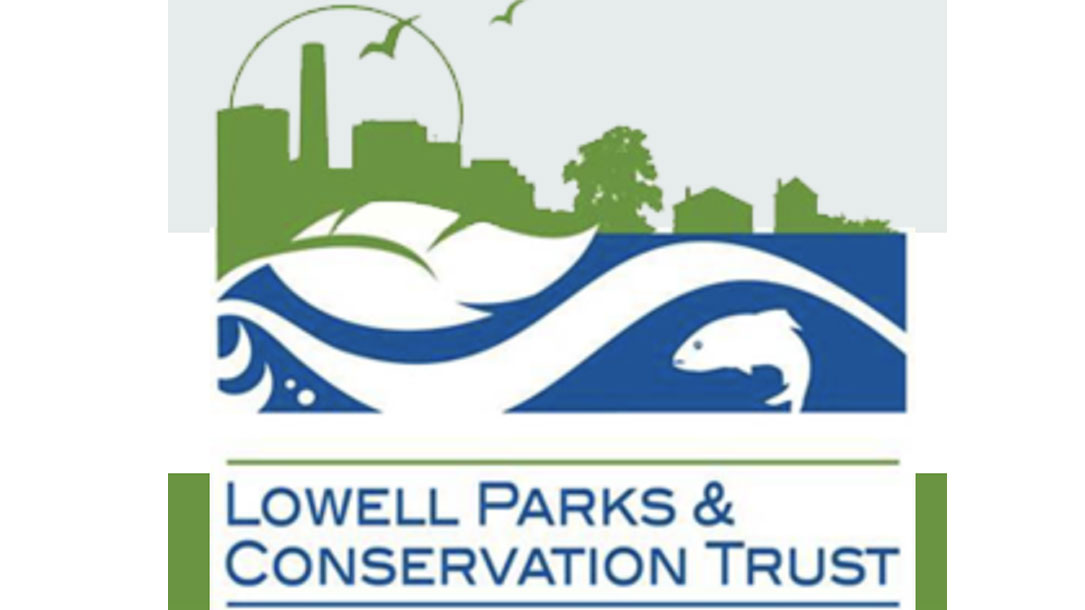
Climate change forum, October 1st
This small and innovative land trust raising awareness about a climate change forum, hosted by Lowell City of Learning and UMass Lowell Climate Change Initiative. The presentation will be led by UMass Lowell faculty. The timing is on pointe as climate change is increasingly on people’s minds. This short, one-hour, virtual event will cover a number of topics including:
- How are the western US wildfires related to climate change?
- How will acting on climate change affect the economy?
- What if we do nothing?
- What are some of the solutions to climate change that are already here?
- Are there any solutions that we haven’t heard about yet?

Beaufort County Solar Facility first in the state to be permanently protected
In a first of its kind deal for South Carolina, Beaufort County Open Land Trust announced the closing of a conservation easement on land owned by an affiliate of Adger Solar LLC, on which the Seabrook solar energy generation facility in Beaufort County resides.
The 72-megawatt facility, owned by Dominion Energy, is sited on a rural 628-acre property and is the first designated solar energy facility in South Carolina to be on land protected permanently by a conservation easement. The project is expected to be in service in 2020 and will provide enough energy to power 9,000 homes for the next 25 years. The agreement allows for the land to be used for farming, timber, or other rural uses if energy production ends.
“Our landscape in Beaufort County is changing and how we think about land use is changing too. What was once a tomato farm will now help support the growing clean energy industry,” commented Kristin Williams, executive director, Beaufort County Open Land Trust. “Our goal is to ensure that over the long-term, these sites vulnerable to residential, commercial, and industrial development, are permanently protected…”

Climate Change Initiative
The Northwest Arkansas Land Trust has been working on meeting people where they are and finding common ground around natural climate solutions and climate conversations.
Their website explains these three areas of focus as well as the projected impacts of climate change.
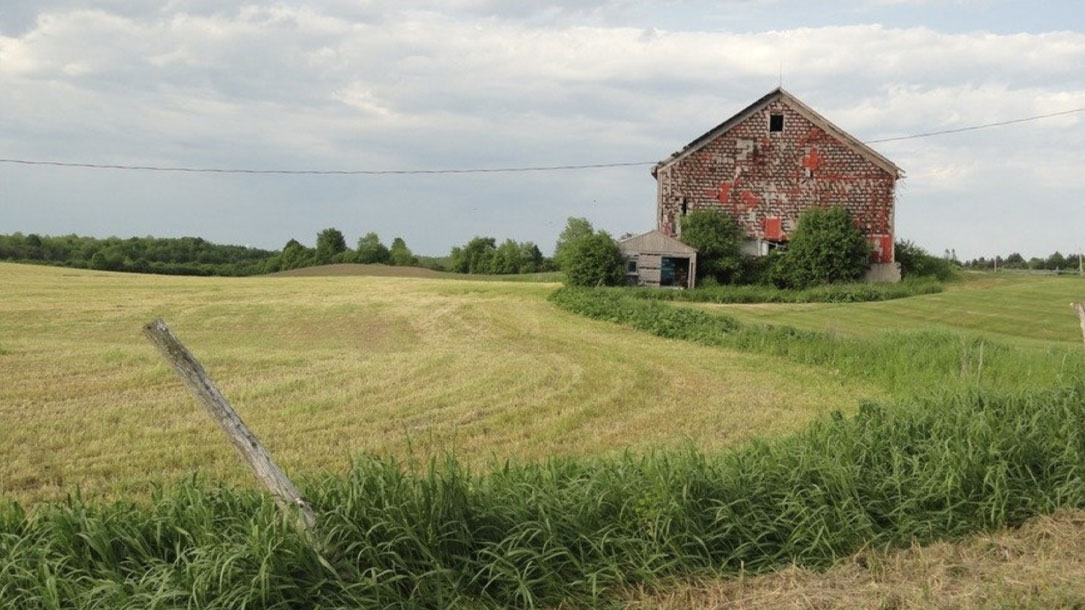
Farms under threat
Farms Under Threat is AFT’s multi-year effort to advance cutting-edge solutions for farmland protection. We use high-resolution spatial analysis tools to identify exactly where agricultural land has been converted to urban and low-density residential land uses, and we have done a deep analysis of every state’s policies for protecting farmland and ranchland, promoting agricultural viability, and helping transfer land to the next generation of farmers and ranchers.
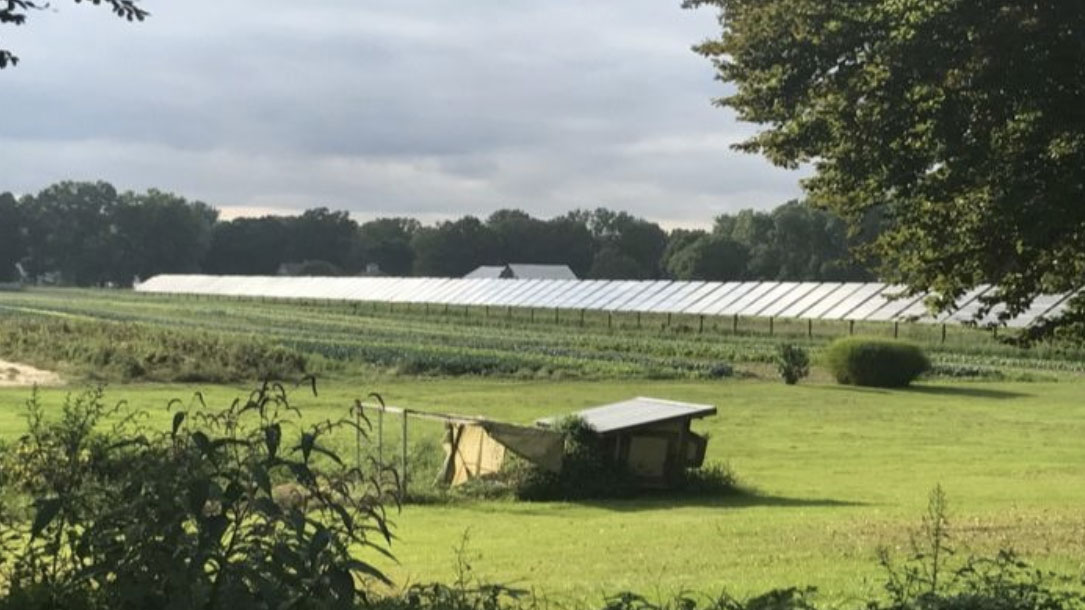
Farmland and Compatible Solar Webinar Series
Farmland is a critical resource in our country, particularly in areas that are heavily forested or developed. American Farmland Trust recently released the Farms Under Threat report, documenting those challenges.
Yet climate change is the most significant threat to conservation we have ever faced. Rather than remove forests, many are locating solar fields on agricultural lands. Can it be done well? Yes.
Find out how in this webinar series focusing on smart solar siting, balancing solar siting with conservation, growing the solar market, and turning state and local priorities into sound policy. While this is focused on New England, there will be many transferable concepts for wherever you are located.
Webinars are free and running on September 23, September 30, October 7, and October 15.
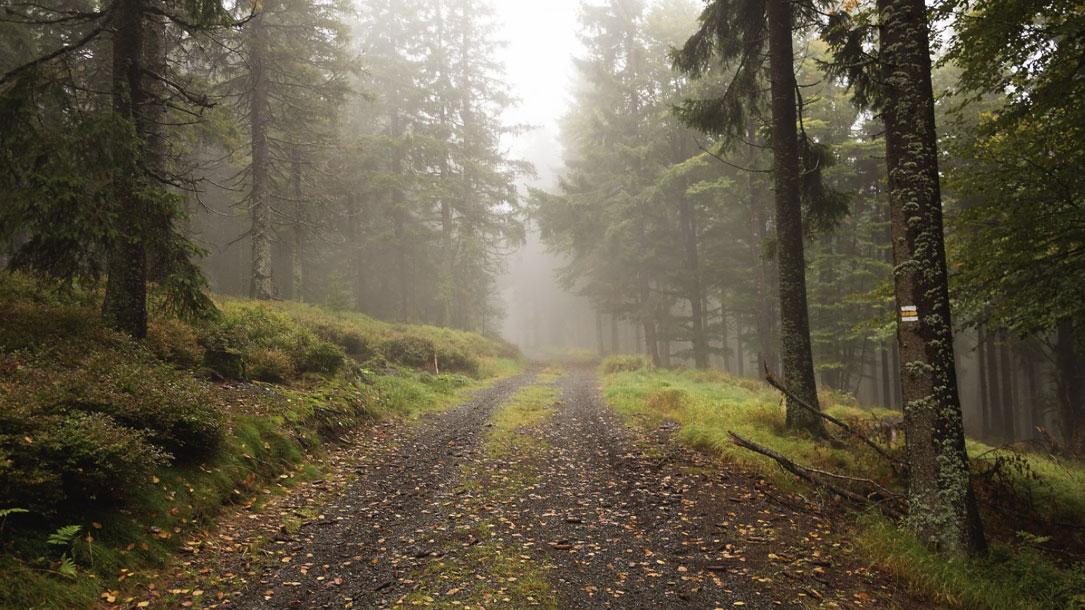
Evidence for declining forest resilience to wildfires under climate change
Kerry Kemp, a forest ecologist for the Oregon Nature Conservancy, studies forest resiliency, or the ability of forests to come back after wildfire or other major disturbances. For new trees to grow in the forest, living ones must be nearby to act as seed sources. And then once those seeds start growing, they’re more susceptible to drought than established trees. “The resilience of these forests is likely to be lower when there’s a mismatch between the current climate and the climate niche for tree regeneration,” Kemp said. “As the climate changes, a given location may no longer be capable of supporting tree regrowth the way it could when temperatures were lower and weather patterns were different. In some parts of the West, it’s already happening,” she said.
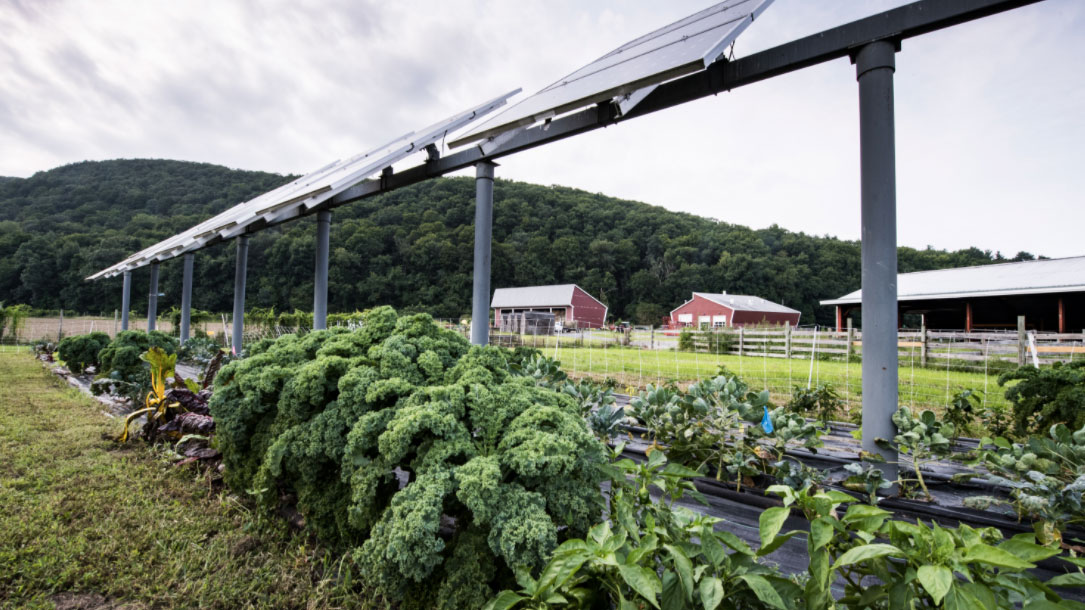
Smart Solar Siting partnership project for New England
American Farmland Trust’s Smart Solar Siting Partnership Project for New England started as a two-year effort to build an influential, ongoing, multi-stakeholder coalition supporting recommendations that advance smart solar siting policies and programs in New England states. This is a joint effort to accelerate the expansion of renewable solar energy facilities while maintaining New England’s most productive, resilient farmland and forest land and strengthening its regional food systems.
Check out their program and resources. Your land trust and community may be able to model a similar approach.
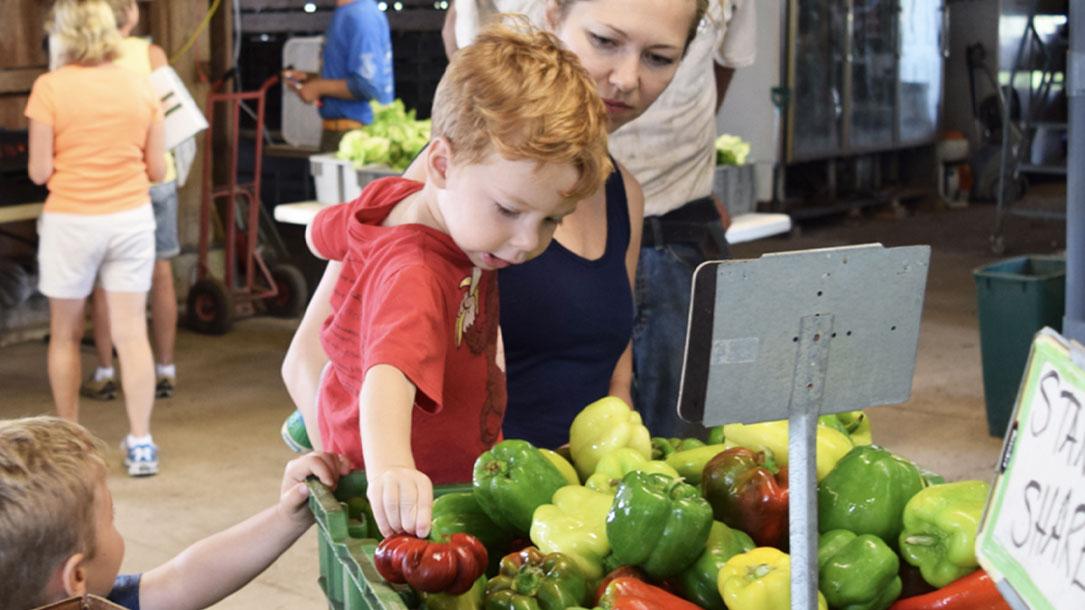
Green Earth Harvest
The Conservation Foundation’s Green Earth Harvest program is devoted to healthy soil, healthy vegetables, healthy people, and healthy communities. Our Green Earth Harvest farm crew works tirelessly to sustainably farm the agricultural land at our McDonald Farm headquarters in Naperville and produce healthy organic vegetables for the community…
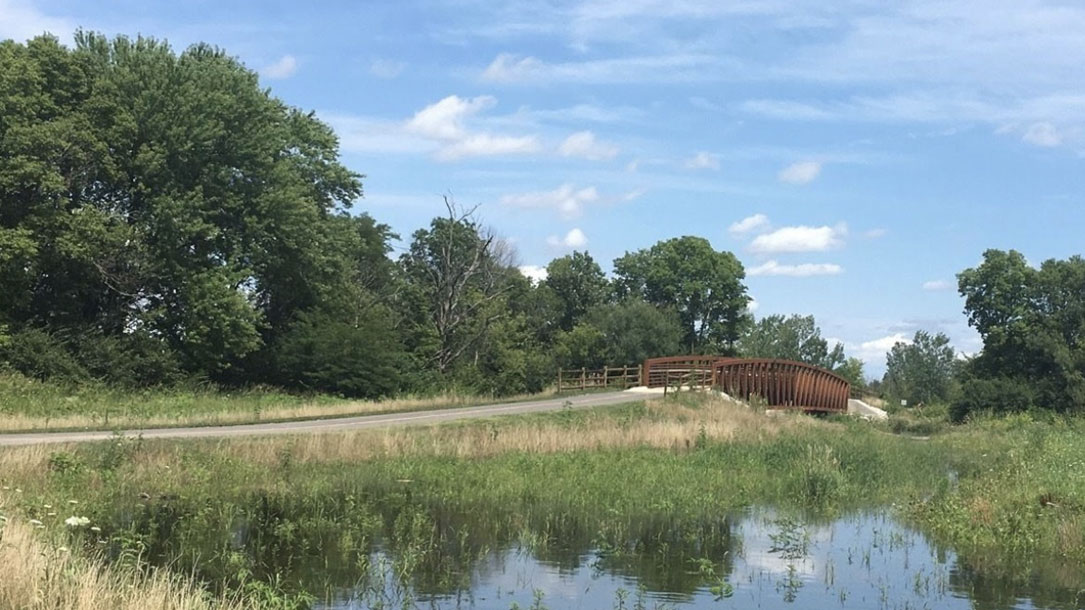
Four ways land conservation mitigates the impact of climate change
This land trust is working to conserve land using a number of different strategies. They own farmland, wildlife habitat, and hold conservation easements. They run educational programs and own a farm (offering food to the community). Their reach is wide—and they are adapting and responding to calls for greater impact and the need to slow down climate change.
Check out this blog post as an example of how you could help your community see the importance of land conservation as part of the solution…



